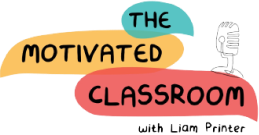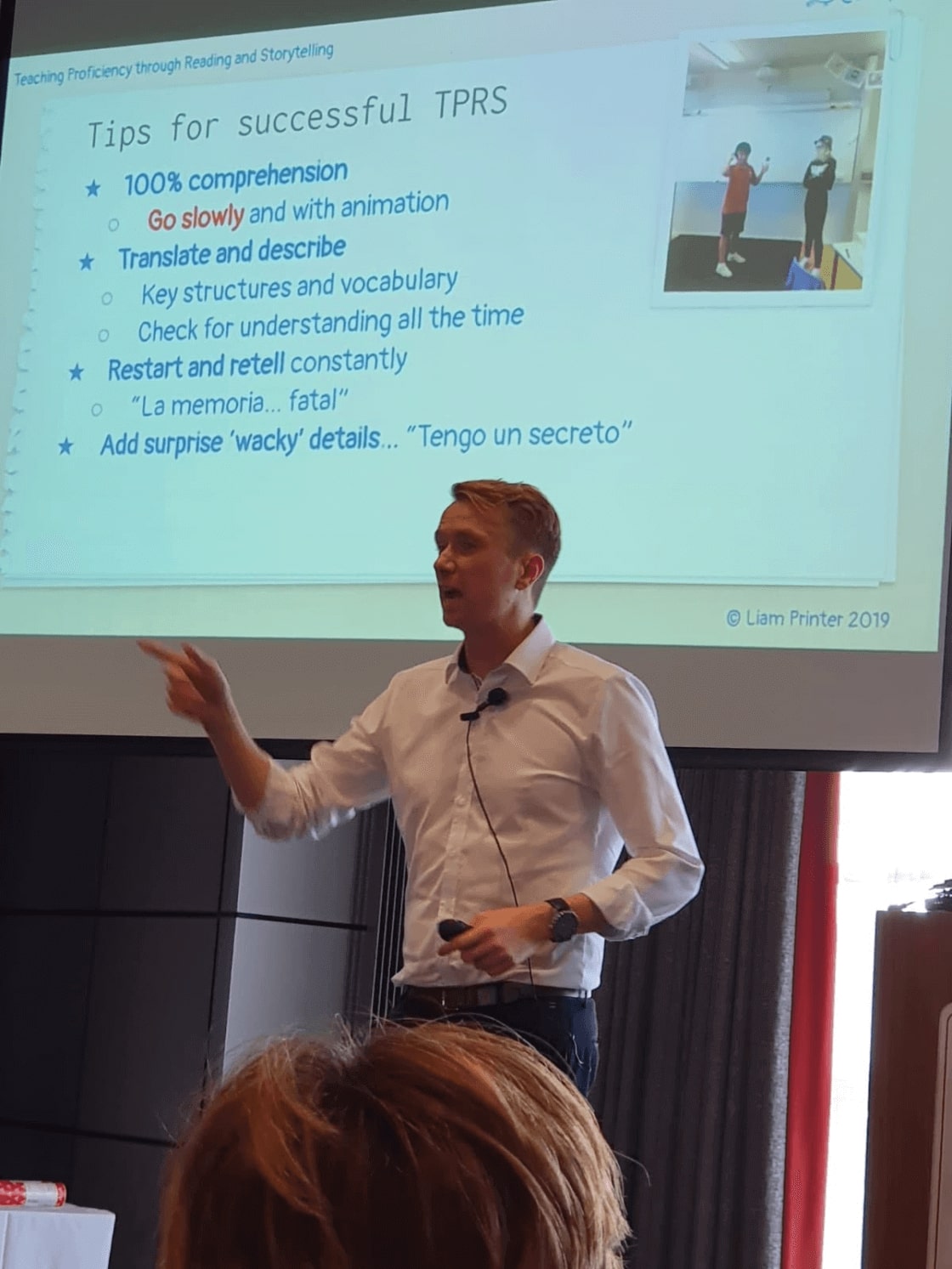August 1, 2024
As teachers we always want to provide detailed feedback to the learner that really moves them forward, right? Hattie's famous (2007) study on feedback found that "feedback has more impact on learning that any other general factor". Agreed, right? We all know it is important, but how do we know our feedback is useful and effective, and that it is actually moving the student forward in their learning? And more importantly, how often do we actual engage in giving high quality detailed feedback to each student?
One thing that can be a challenge to us as teachers is that many of us have a different meaning for the word "feedback". In Geoff Petty's (2007) book - "Evidence Based Teaching" he breaks feedback down into three distinctive parts that I have found to be highly effective in my classes:
1. Where am I going? (Goal) - Feed up - Clear and challenging criteria
2. How am I going?(Medal) - Feed back - Informative comments; Process (how) as well as product (what)
3. Where to next? (Mission) - Feed forward - Challenging but achievable clear targets based on last piece of work
Right now of course most teachers reading this are saying "this is all well and good, but when am I supposed to find time to give this kind of detailed feedback to each learner?". Yes, you are right. It can take time to furnish your students with the high quality detailed feedback they need but I think I may have found a way to at least put us on the right track
Feedback Loops & Proformas:
When students submit a piece of writing they must first complete a self assessment sheet (or a 'proforma') answering questions like "I achieved the teachers objective", "I made 3 clear points" or "I made a plan before starting". Immediately there is some accountability on their behalf and they know that if they didn't answer yes to all the questions then they may not achieve the grade they thought it was worth.
The 'teachers objective' is the 1 or maximum 2 specific language focused goals I gave them after their last piece of writing. It can be as specific as "Use the phrase..." or it could be based on format like "include a title". This specific, achievable and realistic goal moves the learner forward. At the end of the proforma I will then give them a new objective for their next piece of writing which they copy on to their next proforma and so the loop continues.
Ok, ok so this all sounds great but what about correcting the actual piece of work? This is the key element. On their proforma they fill in the question "Teacher, please look at and give me feedback on these 2 things in my writing". They then tell me exactly what they want me to look at. So it could be "verb endings" or "adjective agreements" or more general like "the format" or "my conclusion". Now when you correct you have to hold back that red pen and only correct and give feedback on those elements they asked for. We all know how discouraging it is to get a piece of work back covered in red pen but when it is just a few flicks of red here and there, looking at specific, student centered, goals then they can, and will, really improve.
The final part of the process is the "medals and missions" sheet I complete for them. Once again, I ensure I only give them feedback on the items they asked for. Medals are things I like and that they are doing well. Missions are areas to improve on. All specifically related to what they asked me to look for. You can be sure that once you give them this kind of feedback and they do their corrections they will give you something different to look at next time as they feel they have mastered this part, or they might ask you to look at it again if it wasn't very good the last time. The key in all this is that the student is negotiating the feedback and correction process with you. They feel like they are receiving the guidance they need and you have less corrections to do! Everyone is a winner!
Students across all my Spanish classes got involved in some super fun speed dating on their very first day of classes this year... even the complete beginners! It is such a great activity to help them get to know each other, practice speaking and build their confidence.
With my slightly more advanced classes (those with 1 or 2 years of Spanish) I got the students to write 5 questions in pairs on a mini whiteboard. The questions could be anything really but they had to have at least 1 question in past tense and 1 question in future tense. Once they were finished they practiced a little with each other. Then I set them up so they were all facing someone from a different group. The whiteboards stayed on one side of the desks and the students moved around place to place after exactly 1 minute when an alarm would go off. This meant they were reading and using other people's questions too. It worked incredibly well and the students loved moving around the room and chatting to each other.
Some of their hand-writing leaves a lot to be desires so the activity also served nicely in showing them that if they don't write clearly they can't receive the marks they deserve as the examiner might not be able to read it!
With my beginner class the questions were scaffolded for them on the board with the first word of the answer to help them. It still seemed to work well for them even though they were asking the same questions at each spot but I didn't do as many rotations. Definitely a great activity I will be using again to drill certain structures.
So I've just had my first day of classes today... and yes today is Saturday. Working at an International Boarding School certainly has its advantages but there are also some downsides every now and again. Having said that, it was just a short half day so the students can meet their teachers and find their way around the building so we are 100% ready for full lift off on Monday.
As I embark on a new year I've decided to try and log some teaching and research goals for the year:
- Research how effective TPRS (Teaching proficiency through storytelling) is with higher level classes
- Use more technology inside the classroom but based on the students' own recommendations
- Observe more teachers classes in order to share (and steal!) new ideas once per week
- Maintain a language learning diary with all students for the entire year
- Use the 'language ambassador' idea every two weeks in every class
I'm confident all of these goals are very achievable and I'm hoping just writing them here will encourage me to keep on top of them even more. If there are any other language teachers out there with similar plans for the year I'd love to hear from you and we can maybe collaborate and share our progress.

